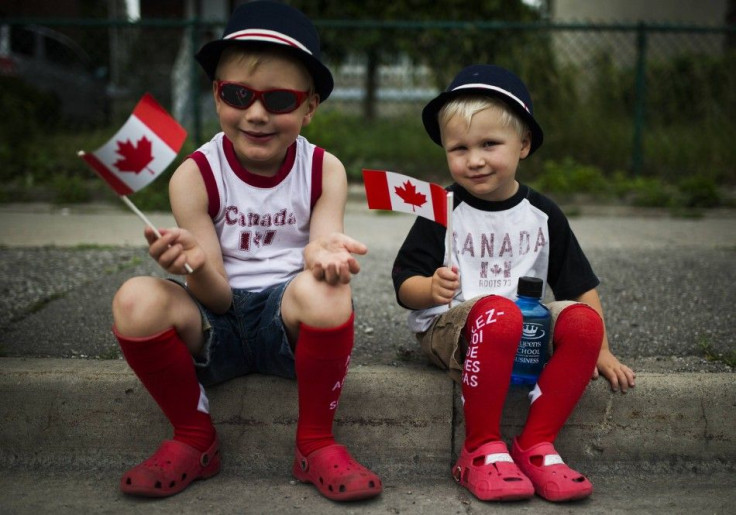B.C. Teachers Strike: Public Classes for Half a Billion Kids Finally Start

After a delay of three weeks, classes for public school kids in British Columbia finally started on Monday. Parents heaved a sigh of relief as they brought their children to their schools, even as teachers admitted it will still take some time before things normalise.
A Vancouver high school teacher identified as only Denise told NEWS1130 the first week back to school may give off frustrations to some parents and students.
"A lot of the time tables are incorrect and so the counsellors I think especially need more than one day to fix all the time tables because many kids signed up for summer school that were placed in courses that obviously they can't take now, and they have to be all redone," Denise said. The Vancouver high school teacher added the first week back to school will most definitely be a slow start.
Monday will be a shortened day for student orientation in most school districts. Full day of regular classes starts on Tuesday. Parents have been advised to coordinate with their local school boards for details about the new school calendars.
Public school children in B.C. missed the last two weeks of classes in June as well as the first three weeks of classes in September, a total of 27 instructional days.
But Peter Fassbender, Education Minister, had said earlier schools and teachers will have to move forward and do double time with the existing calendar because the provincial government has no plans to extend the school year.
This announcement, however, worries some students, especially those who are to embark post-secondary education the next school year.
Jing Wang, a Grade 12 student from Prince Of Wales Secondary, is worried her chances for university will be weakened or hampered by the recently concluded educational work stoppage.
Since classes got delayed, the grades will be too, which are badly needed on admissions forms for colleges and universities. Applications for post-secondary education are usually due as early as October.
But certain schools such as the University of Toronto and McGill University vowed to work closely with the province's Ministry of Education as well as with the school boards to come up with a solution that will cater to the graduating secondary students.





















